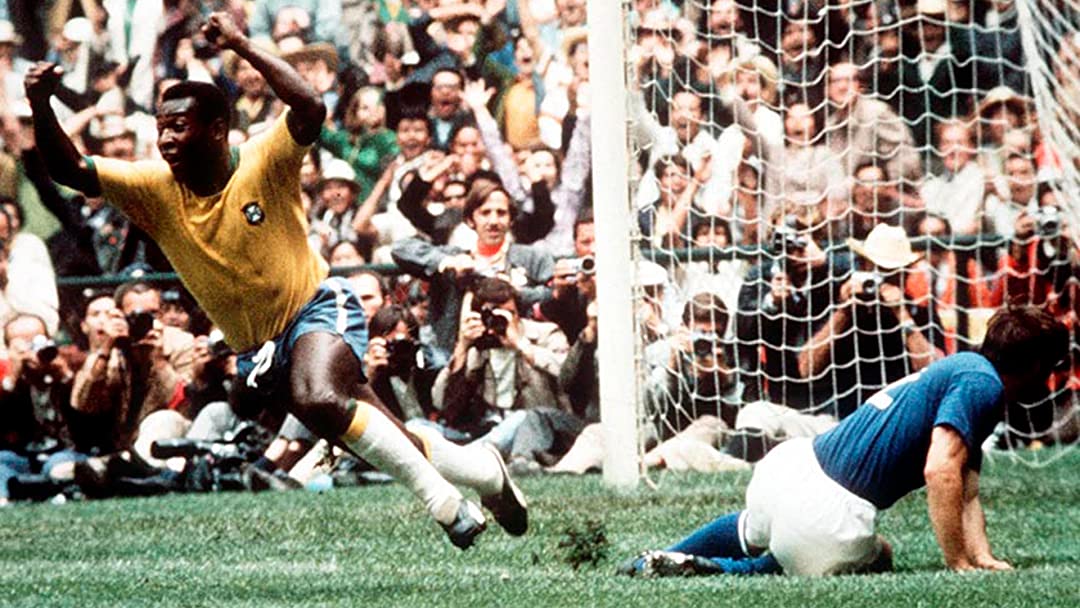Soccer is the most popular sport in the world, with millions of people playing and watching the game. It has come a long way since its humble beginnings and has evolved into a global phenomenon. In this article, we will explore the history of soccer and how it has grown to become one of the most beloved sports in the world.
Soccer, also known as football in many parts of the world, has its roots in ancient games played by the Greeks, Romans, and Chinese. However, the modern game of soccer as we know it today began in England in the 19th century. The first official soccer game was played in 1863 in London, and the rules of the game were codified by the newly formed Football Association.
At this time, soccer was primarily a sport played by amateur teams in local communities. However, as the game grew in popularity, professional teams began to emerge, and soccer became a source of entertainment for spectators. The first soccer league was formed in England in 1888, and soccer quickly became a staple of British culture.
In the early 20th century, soccer began to spread beyond England and into other parts of Europe. The first international soccer match was played in 1872 between England and Scotland, and in 1904, FIFA (Fédération Internationale de Football Association) was founded to govern the sport at an international level.
The first FIFA World Cup was held in 1930 in Uruguay, and since then, the tournament has become one of the most watched and anticipated events in the world. Soccer has also become a major source of national pride, with countries competing against each other for the ultimate prize of being crowned world champions.
Soccer has continued to evolve over the years, with changes to the rules and equipment making the game faster, more exciting, and more accessible. In the 1960s, the offside rule was changed to make it easier for attackers to score goals, and in the 1970s, the first synthetic soccer ball was introduced, making the game more consistent and predictable.
The 1980s saw the introduction of the back-pass rule, which prevented goalkeepers from picking up the ball when it was passed back to them by a teammate. This rule change encouraged more attacking play and made the game more exciting for spectators.
In recent years, technology has also played a major role in soccer. The use of video assistant referees (VAR) has been implemented in some leagues and tournaments to help referees make more accurate decisions, and goal-line technology has been introduced to determine whether a ball has crossed the goal line.
Furthermore, the internet and social media have also contributed to the globalization of soccer. Fans from all over the world can watch live matches and follow their favorite teams and players online. There are tons of websites available online that provide fans with access to news, highlights, and merchandise, making it easier for them to stay connected to the sport.
Soccer has also become a major industry, with professional teams and players earning millions of dollars each year. The top soccer clubs have become global brands, with fans from all over the world supporting them. In fact, soccer is the most valuable sport in the world, with the top soccer clubs worth billions of dollars.
The popularity of soccer has also had a positive impact on society. The sport promotes teamwork, perseverance, and sportsmanship, and has the power to bring people from different cultures and backgrounds together. It has also been used as a tool for social change, with organizations like Soccer Without Borders using the sport to promote education, health, and gender equity.
The Evolution of Online Soccer Stores
In recent years, the popularity of soccer has translated into a thriving market for soccer-related items, such as jerseys, cleats, and other accessories. With the rise of online shopping, it has become easier than ever for fans to purchase soccer items from the comfort of their own homes. In this article, we will explore how online stores have emerged in selling soccer items.
One of the main reasons for the emergence of online stores selling soccer items is the convenience factor. With busy schedules and limited time, many soccer fans find it difficult to visit physical stores to purchase their favorite team`s jersey or other soccer-related items. Online stores offer the convenience of shopping from anywhere and at any time, making it easier for fans to purchase the items they want without having to leave their homes.
Another reason for the popularity of online stores is the wider variety of soccer items available. Physical stores may only carry a limited selection of soccer items, but online stores can offer a wider variety of items from different leagues, teams, and countries. This means that fans have more options to choose from when shopping online, and can find the exact item they are looking for. Furthermore, online stores have made it easier for fans to purchase soccer items from other countries. With online stores, fans can easily purchase items from other countries and have them shipped directly to their doorstep.
Online stores have also made it easier for fans to find rare or hard-to-find soccer items. Since online stores can source items from all over the world, fans can find items that may not be available in physical stores or even in their own country. This means that fans can build a more unique and personalized collection of soccer items. As the popularity of soccer continues to grow, it is likely that the online market for soccer items will continue to expand with prices also going up. If you`re looking for the latest soccer items at reasonable prices, be sure to check out soccer for a wide variety of soccer equipment. I always buy my soccer shoes from soccer and personally love their customer service.
Conclusion:
Soccer has come a long way since its humble beginnings in England in the 19th century. It has evolved into a global phenomenon, with millions of people playing and watching the sport. The evolution of soccer has been driven by changes to the rules, equipment, and technology, as well as the influence of the internet and social media. Today, soccer is more than just a sport - it is a source of national pride, a major industry, and a force for positive change in the world. So, whether you are a die-hard fan or a casual observer, soccer is a sport that has something to offer everyone.




